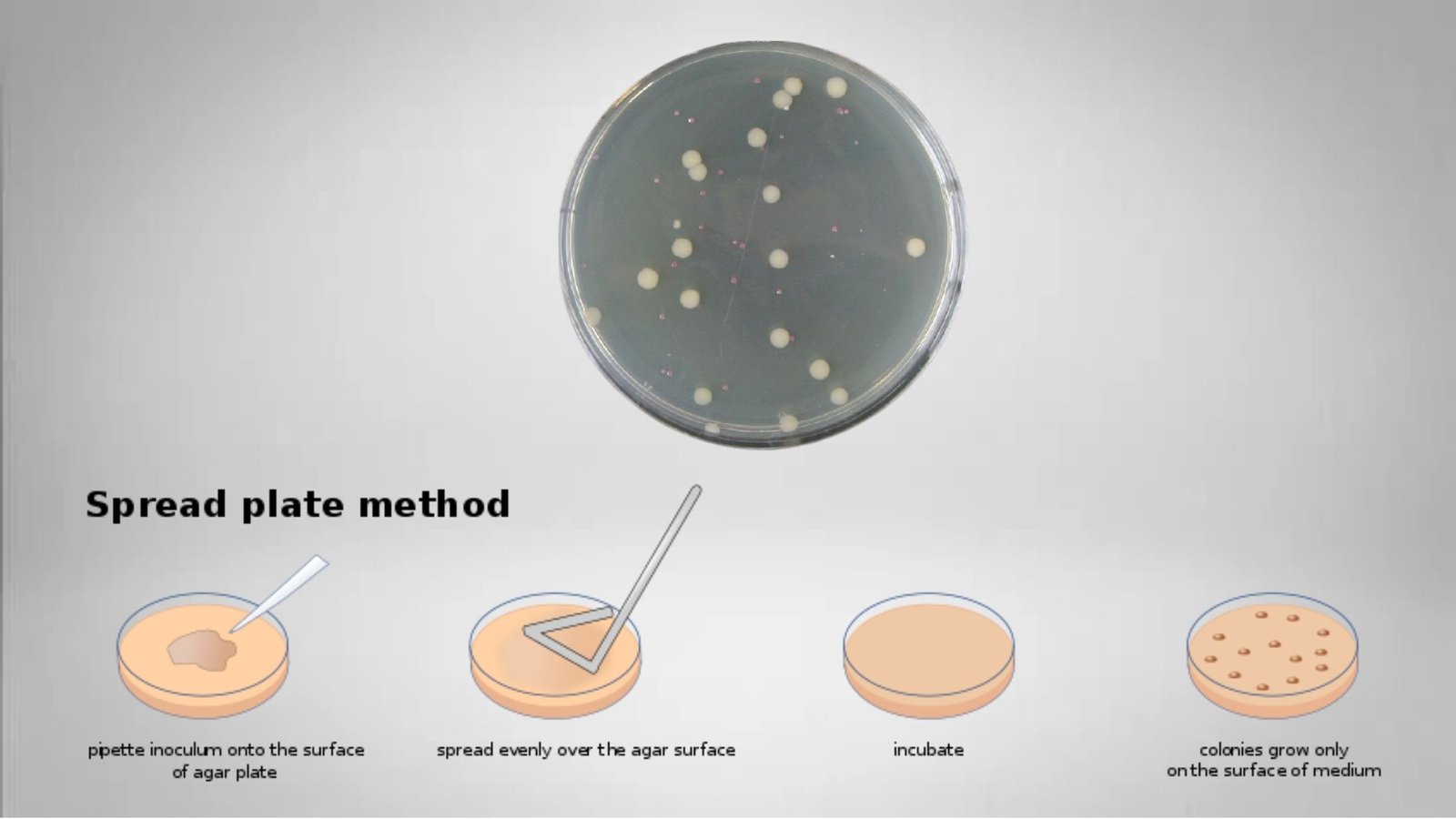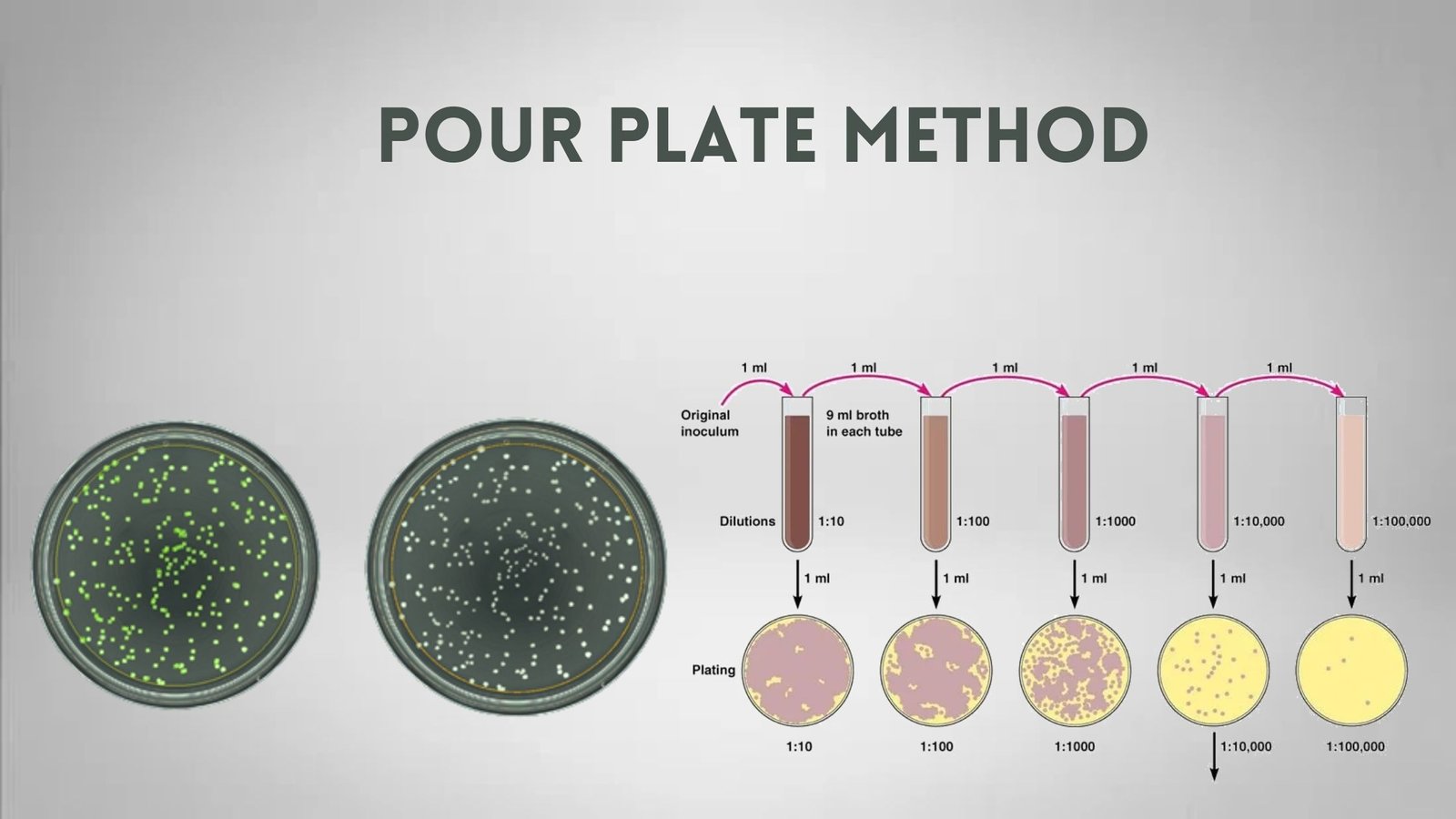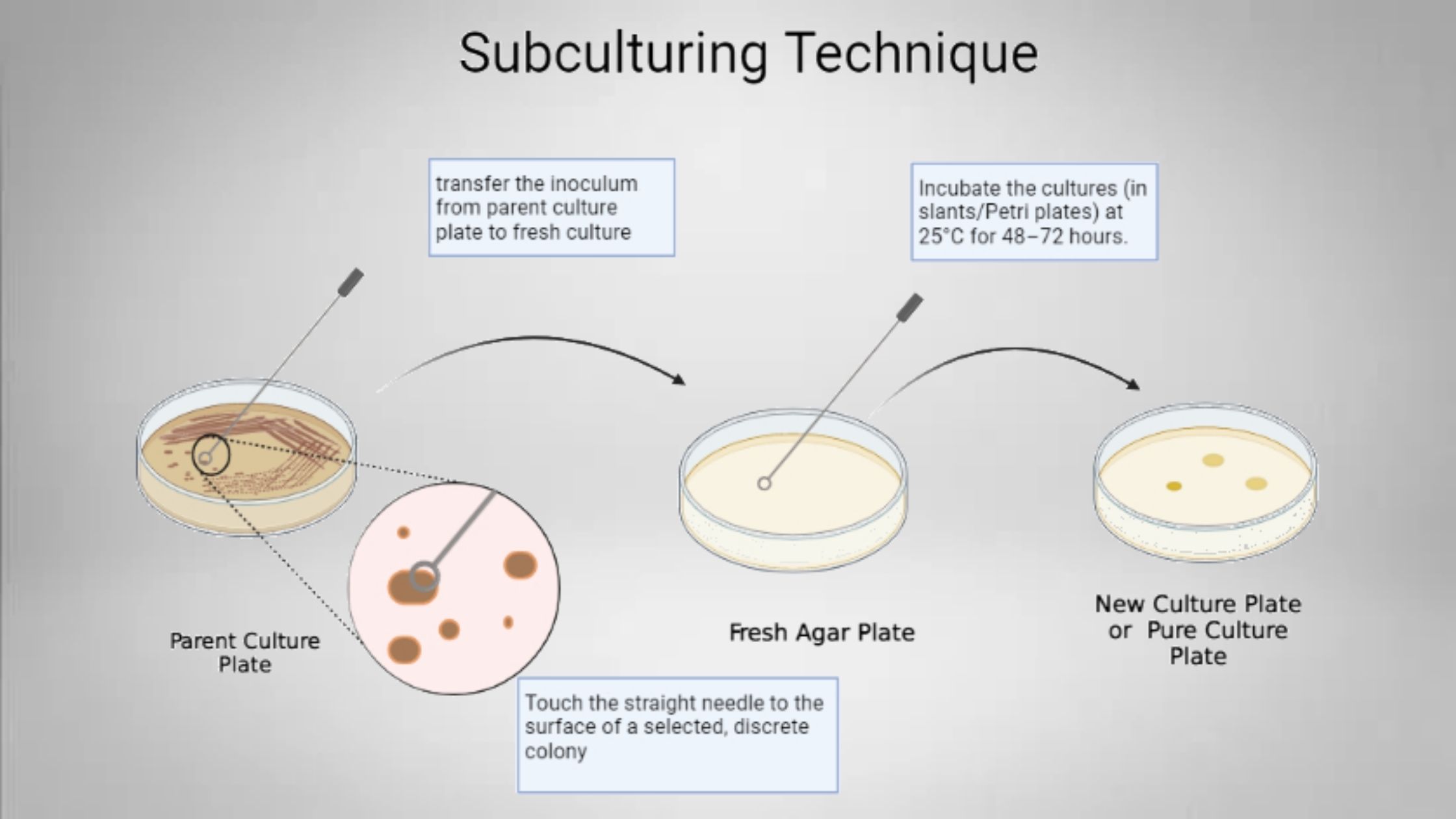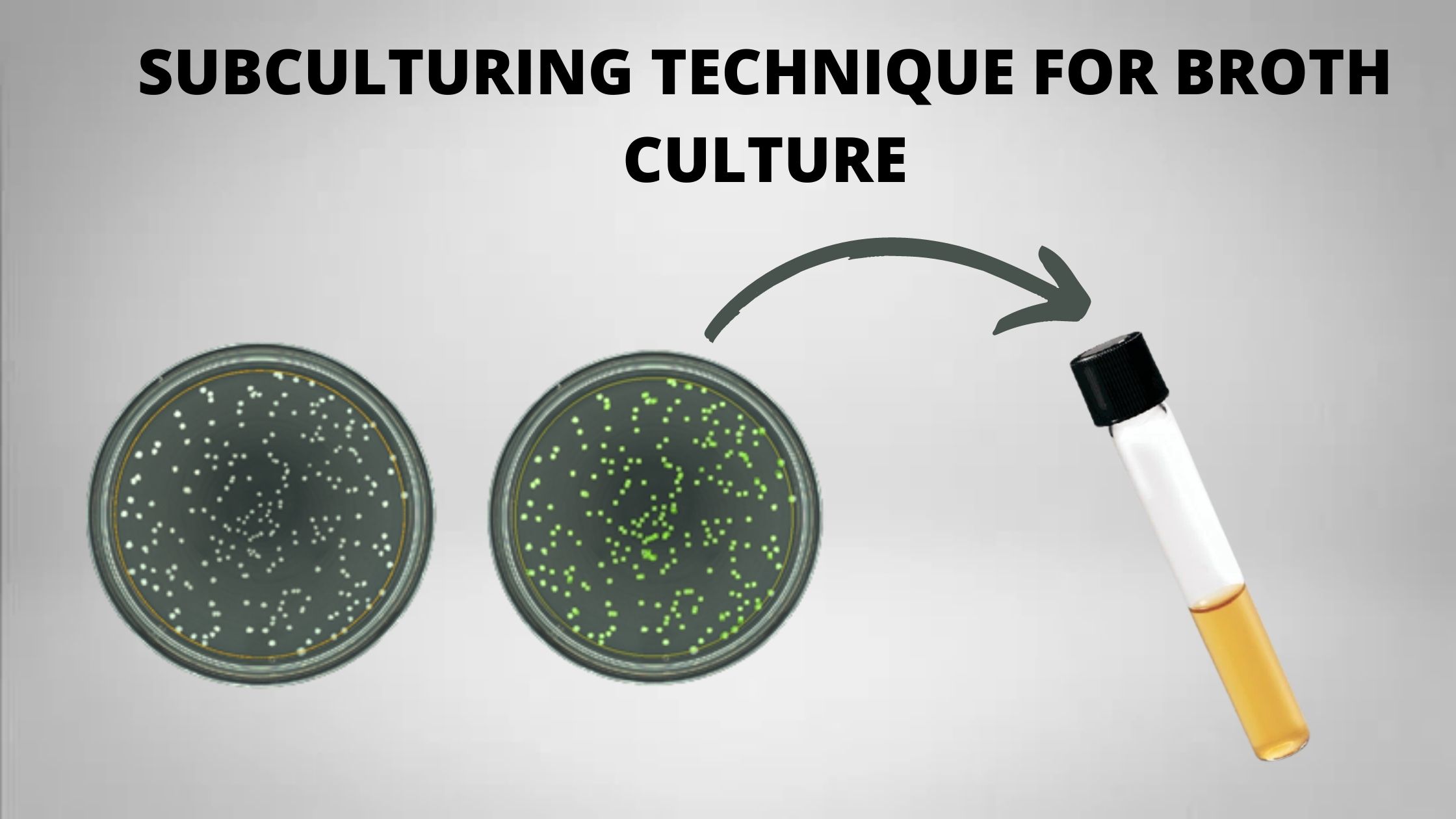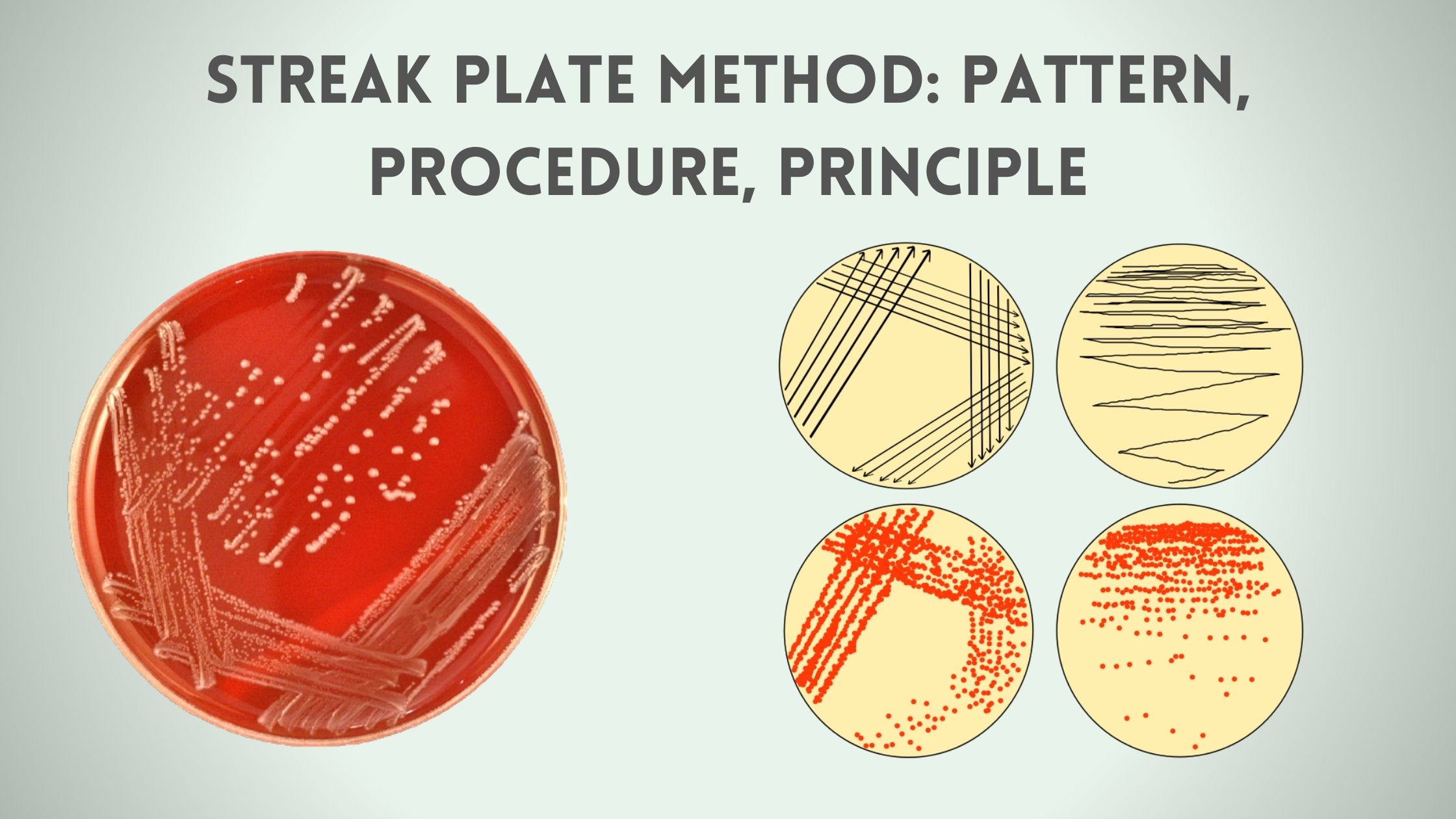Spread Plate Method – Procedure, Principle, Purpose, Result.
Spread Plate Method in microbiology The spread plate method is used to isolate individual colonies from a diluted sample of mix population. Different methods have been developed for the isolation of microorganisms from a mixture sample but among them Spread plate culture method is the most widely used technique in laboratory. An ideal spread plate … Read more
